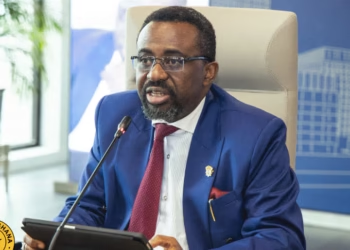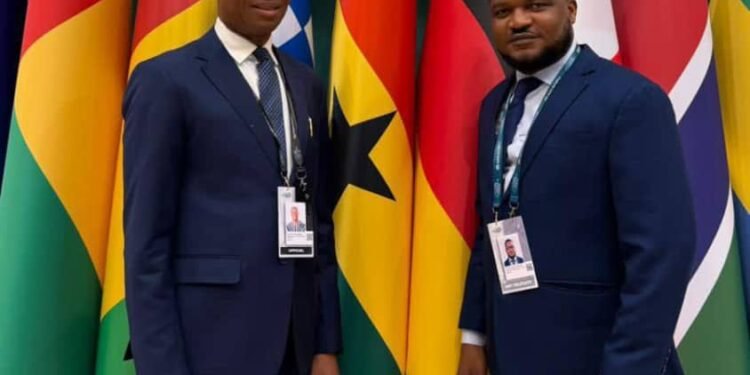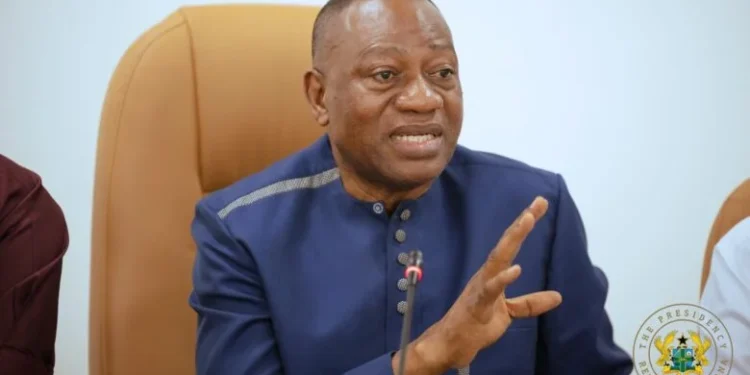Ghana’s efforts to stabilise its energy sector have taken a positive turn, with the government on course to save about US$300 million through a debt restructuring agreement with the Independent Power Producers (IPPs).
The deal marks a significant milestone in reducing the financial burden on the state, cutting the debt owed to the IPPs by 20 percent, from an initial US$1.5 billion to US$1.2 billion.
The development was disclosed by Benjamin Boakye, Chief Executive Officer of the Africa Centre for Energy Policy (ACEP) and a chairman of the government’s board overseeing negotiations with the IPPs. He made the announcement at the Future of Energy Conference organised by ACEP on August 26, 2025.
“It’s a work in progress and we appreciate the government’s effort to engage multiple stakeholders to find solutions to the problems of the energy sector to clean up the energy sector in general”.
Benjamin Boakye, Chief Executive Officer of the Africa Centre for Energy Policy (ACEP)
Mr. Boakye explained that the restructuring process has been aided by the goodwill of the Independent Power Producers, who have shown willingness to compromise in order to reach a sustainable agreement.
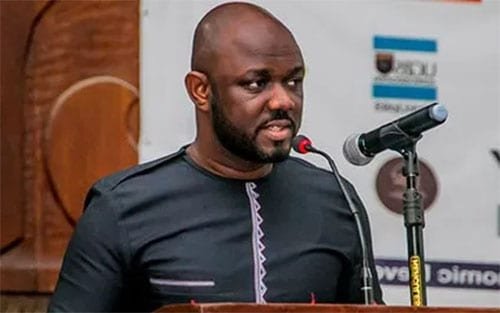
“I must say that the IPPs have been very magnanimous to give us a haircut. We are looking to save about $300 million on the debt and also over a billion dollars on future payments and also at this point we are close to $200 million, I suppose”.
Benjamin Boakye, Chief Executive Officer of the Africa Centre for Energy Policy (ACEP)
The agreement is expected to yield not only immediate debt relief but also long-term benefits for the government. By extending the repayment schedule, the deal offers the state fiscal breathing space that could ease pressure on its budget and free resources for other development priorities.
Extended Repayment Structure
Mr. Boakye explained that the government has been able to agree with most IPPs on a repayment structure spanning four to five years, making it possible to amortise the debt while securing additional concessions.
“What we have done so far is to agree with a lot of the IPPs on a structure of payment, averagely 4 to 5 years to be able to amortise the debt and also in return get some concession from them”.
Benjamin Boakye, Chief Executive Officer of the Africa Centre for Energy Policy (ACEP)
The progress in the restructuring talks comes at a time when Ghana’s energy sector has faced mounting scrutiny over inefficiencies and high costs associated with power generation contracts.
Many of the country’s Power Purchase Agreements (PPAs) have been criticised as overly expensive, saddling the state with unsustainable financial obligations. The accumulated debts to IPPs have not only threatened the sustainability of the sector but also posed risks to Ghana’s broader fiscal stability.
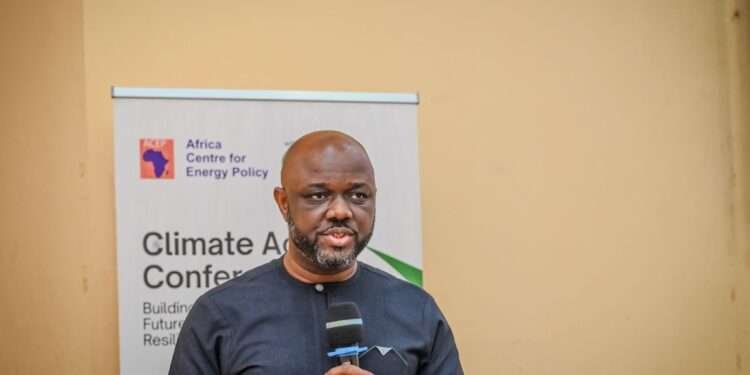
As part of wider reforms, the new NDC administration has already initiated steps to prevent a recurrence of such challenges. The government has presented a proposal to parliament seeking approval to bar direct negotiations in the procurement of new Independent Power Producers.
Instead, all future power projects will be subjected to open and competitive bidding processes, a move designed to ensure transparency, efficiency, and value for money in the energy sector.
Additionally, Mr. Boakye’s committee was set up in collaboration with the Ministry of Finance to renegotiate existing PPAs with IPPs to secure further savings for the government by revisiting and adjusting agreements that have weighed heavily on the country’s finances.
This dual approach—restructuring current debt while reforming the system to avoid costly mistakes in the future—signals the administration’s determination to bring order and sustainability to Ghana’s energy sector.
Mr. Boakye expressed optimism about the ongoing process. He noted that the IPPs’ willingness to cooperate reflects a shared interest in maintaining stability in the sector, which remains a vital engine of Ghana’s economic growth.
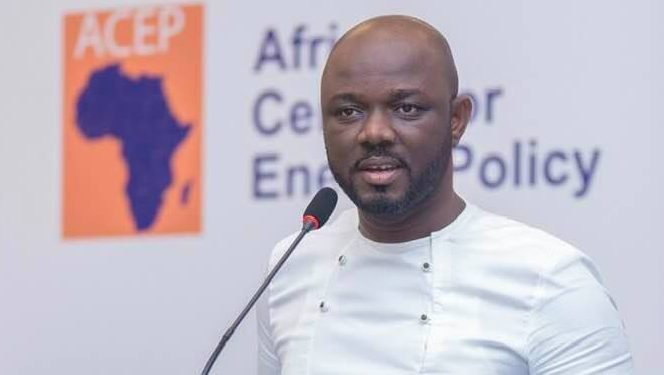
With a restructured debt portfolio and the prospect of more transparent procurement practices, the government appears poised to strike a balance between fiscal prudence and energy security.
The debt restructuring agreement with the IPPs is expected to serve as a critical step towards the broader goal of cleaning up Ghana’s energy sector, which has for years been burdened by inefficiencies, opaque contracts, and financial strain.
If successfully implemented, it could also bolster investor confidence by signalling that the government is serious about addressing systemic issues while maintaining a collaborative relationship with private sector players.
READ ALSO: AIB Ghana Commits to a Thorough, Transparent Helicopter Crash Probe






